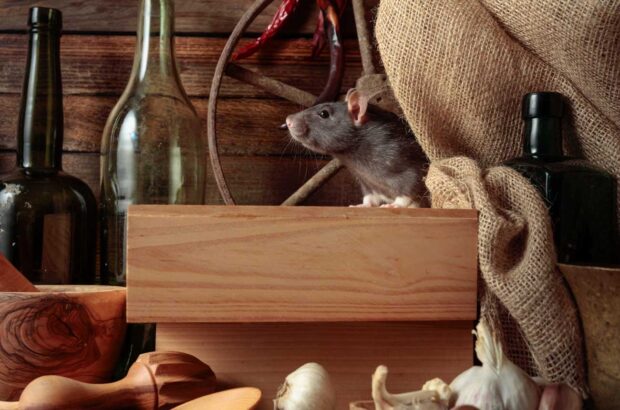To do your best wine tasting, your palate needs to be in best shape. Elin McCoy shares her tips for how to look after your palate.
- Take as few medications as possible:
More than 250 prescription drugs (antidepressants, antihistamines, asthma medications, drugs to lower cholesterol) can alter taste sensations, with some causing dry mouth. Chemotherapy and radiation, not surprisingly, can kill off receptor cells.
- Don’t smoke:
Nicotine suppresses the nerve activity in areas of the brain associated with taste and smell; chemical compounds in cigarettes dilute the ability of taste buds and olfactory cells to send sensory messages to the brain.
- Stay healthy:
Head injuries, infections and disease all can affect smell and taste.
- Visit your dentist regularly:
Poor oral hygiene affects the ability to taste; look after your mouth to look after your palate. There’s conflicting evidence as to whether tongue cleaning makes a difference.
- Watch what you eat:
Beware of cheap Chinese pine nuts (Pinus armandii), which can wipe out your taste and smell and give some people a bitter, metallic aftertaste for weeks. And try to eat less salt and sugar, which can overstimulate your tastebuds.
- Practise smelling and tasting wine regularly:
It helps to boost your taste memories. Look out for our next Decanter tasting event or read how to hold your own wine tasting.
- Live in an unpolluted environment:
Or take protective measures against pollution.
What does ageing do to our palate? Elin McCoy finds out here.







